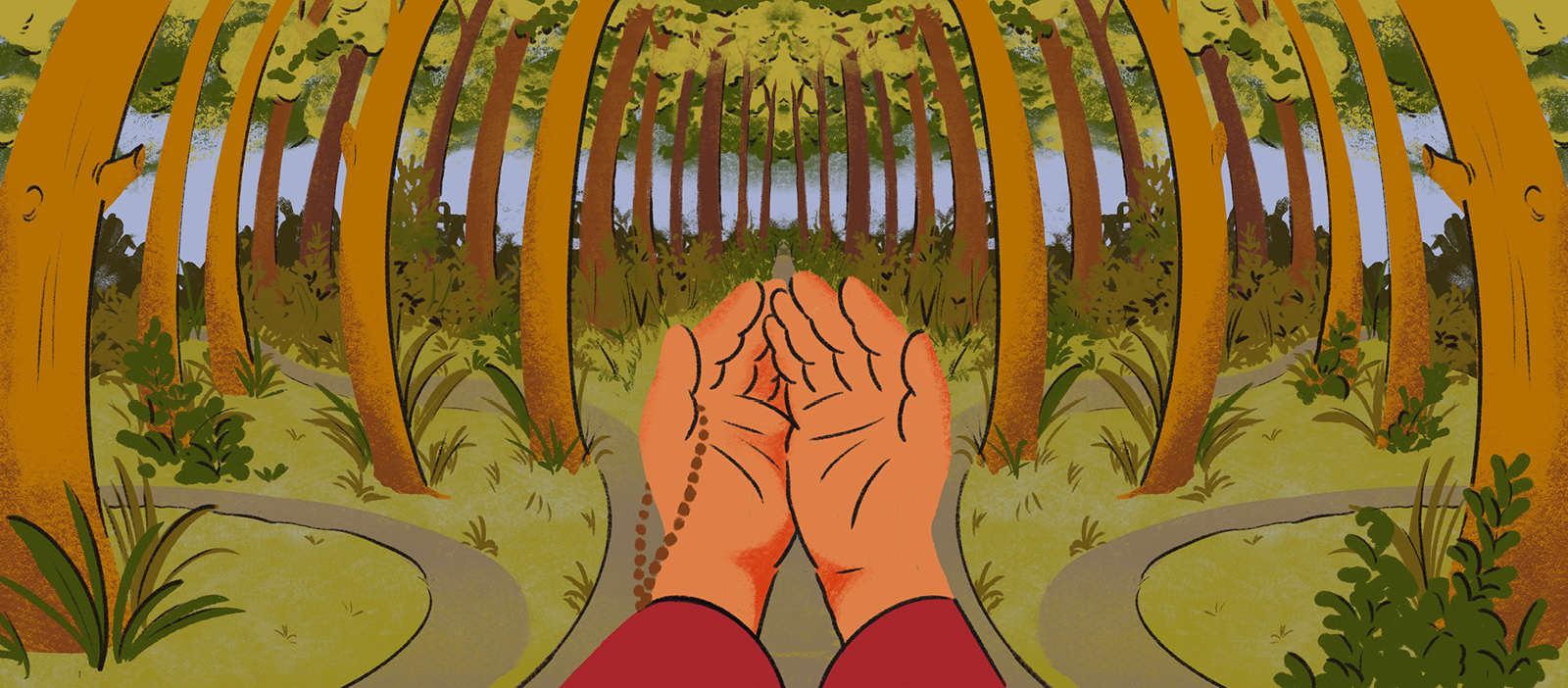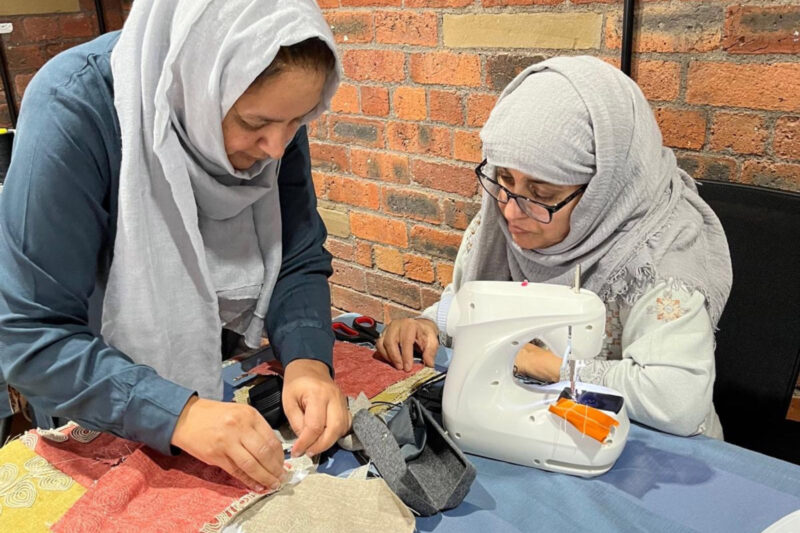
The divine signs that let you know whether you’ve found ‘the one’ — or not
Predicting the future may be forbidden in Islam, but more Muslims facing major life questions are turning to istikara prayers for reassurance
Have you ever wanted something so badly that you’d do anything for it, while also doubting that it would be good for you?
Whether it’s a new relationship, an opportunity to move abroad or buying that new Mercedes you’ve spent months eyeing up, we are often driven by our desires and ambitions — sometimes developing tunnel vision to achieve them. It’s not uncommon, however, to fight through hell and high water to realise a dream, only to find that it doesn’t bring the happiness you wanted, or, worse still, you realise you never really wanted it in the first place.
My last crush seemed to be the real deal. He was tall, handsome and possessed a rare talent among men — the ability to be funny. I was pretty much convinced we were made for each other, but still hesitant to ask him out. The reason for my indecision was that I wasn’t entirely sure if he had all the qualities I attributed to him, or whether I was just imagining that he was the one.
That got me thinking, wouldn’t it be great if there was a way to ensure that the path we are heading down is right for us?
In recent years, it has become popular among some people to date people based on their astrological compatibility. Others go a step further, taking their prospective partners to tarot card readers in the hope that they will be able to determine whether the relationship will blossom like a bed of roses or is destined to wilt away. While most Muslims consider fortune telling and other forms of mystic intervention haram, there are rituals steeped in Islamic tradition that offer a sense of guidance.
Istikara, an Arabic word that translates as “seeking that which is good”, refers to prayers recited to seek Allah’s wisdom, support or supervision. Doing so is often encouraged when people face life challenges for which there are no clear answers. Once the prayer is recited and the question is addressed to God, one must then be patient. In some cases, answers to an istikara may appear in the form of a dream, while in others they may manifest in real life. A flat tyre that makes you late for a job interview can help to confirm that the role wasn’t right for you, and accidentally stumbling across your partner’s flirty DMs might be the sign needed to end a relationship you were unsure of all along.
By placing our faith in God, we hope that an istikara will serve as a light to guide us on our way but, ultimately it won’t tell us what to do. It’s up to us to make our own choices.
It’s easy to see istikara as a means to attain our desires, though. In my case, I hoped that performing one would result in a divine sign that my crush was everything I wished him to be, and that I, in turn, would be justified in altering the cosmos to make him feel the same way about me. I was so determined to make things work that I ignored signs suggesting that the relationship wouldn’t materialise and prayed one istikara after another.
Each and every time, from unreturned text messages to lacklustre conversation, there was no evidence that he was interested in me romantically. Eventually, I had to recognise what I was doing. By trying to force the istikara to go my way — to see the world as I wanted it to be — I was only prolonging my own pain.
Coming to terms with such realisations and accepting that the future you desire is unattainable is the hardest thing. But, while that may be heartbreaking, a big part of performing an istikara is putting your faith in God, with the knowledge that he may have different plans for you.
While I have spent the past couple of months getting over my crush, slowly deconstructing the life I had built for us in my head, the istikara has ended up strengthening my faith. By accepting it, I believe that God has protected me from a more painful outcome, whether it be a prolonged and unreciprocated crush, or a relationship that leaves me worse off in the end.
 Newsletter
Newsletter













